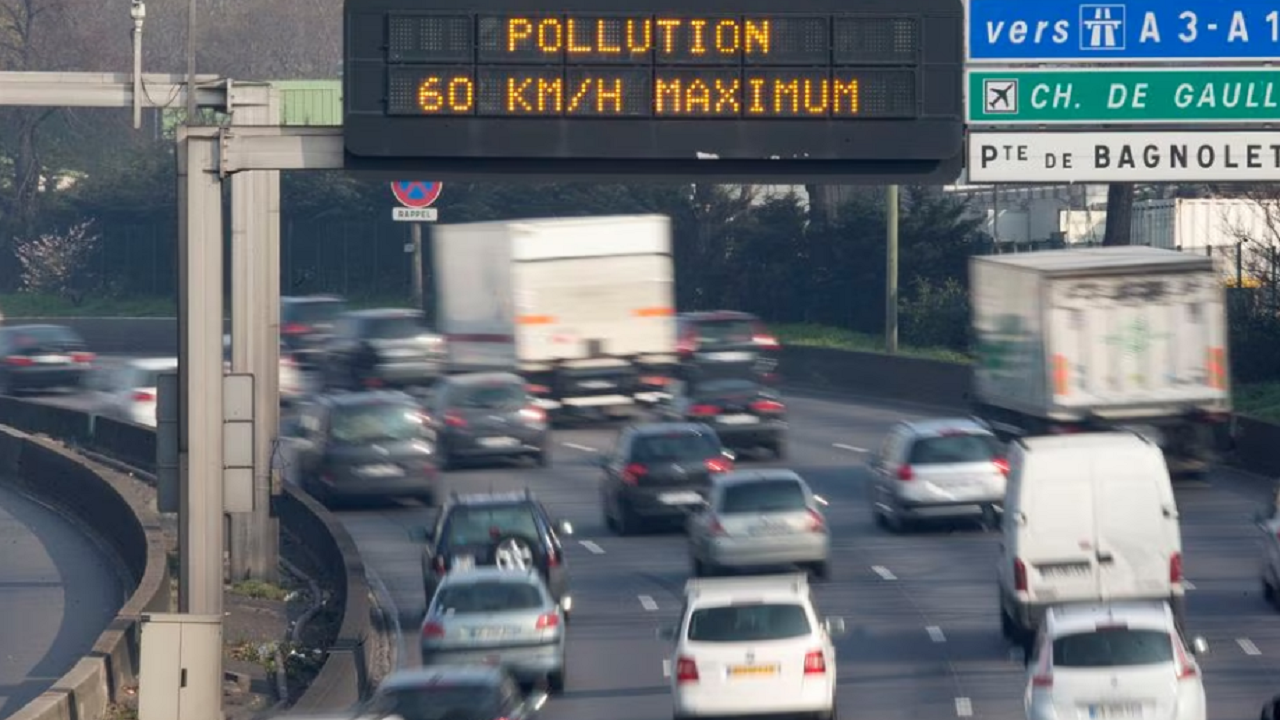This story is from February 15, 2023
No new fossil fuel-powered cars will be sold in the European Union (EU) starting in 2035, according to a ban approved recently. The European Parliament has formally approved a law that bans the sale of new petrol and diesel cars in the EU from 2035. The move comes as an attempt to speed up the transition to electric vehicles. The landmark law will require carmakers to cut down CO2 emissions by 100 percent.
The 100 percent cut in CO2 emissions from new cars sold would make it impossible to sell petrol or diesel-powered cars in the 27-country bloc. The law that comes into effect in phases that will require a 55 percent cut in CO2 emissions for new cars starting 2030, which is a much higher target in comparison to the current 37.5 percent.
“The operating costs of an electric vehicle are already lower than the operating costs of a vehicle with an internal combustion engine,” Jan Huitema, the parliament’s lead negotiator on the rules, was quoted by Reuters, adding that it was crucial to bring more affordable electric vehicles to consumers.
EU countries agreed the deal with lawmakers last October, but still need to formally rubber stamp the rules before they can take effect. The final approval is expected in March.
New vans must comply with a 100% CO2 cut by 2035, and a 50% cut by 2030, compared with 2021 levels. Many carmakers in Europe have announced investments in electrification, for example, Volkswagen has pledged to only produce electric vehicles from 2033.
The 100 percent cut in CO2 emissions from new cars sold would make it impossible to sell petrol or diesel-powered cars in the 27-country bloc. The law that comes into effect in phases that will require a 55 percent cut in CO2 emissions for new cars starting 2030, which is a much higher target in comparison to the current 37.5 percent.
“The operating costs of an electric vehicle are already lower than the operating costs of a vehicle with an internal combustion engine,” Jan Huitema, the parliament’s lead negotiator on the rules, was quoted by Reuters, adding that it was crucial to bring more affordable electric vehicles to consumers.
EU countries agreed the deal with lawmakers last October, but still need to formally rubber stamp the rules before they can take effect. The final approval is expected in March.
New vans must comply with a 100% CO2 cut by 2035, and a 50% cut by 2030, compared with 2021 levels. Many carmakers in Europe have announced investments in electrification, for example, Volkswagen has pledged to only produce electric vehicles from 2033.
end of article

